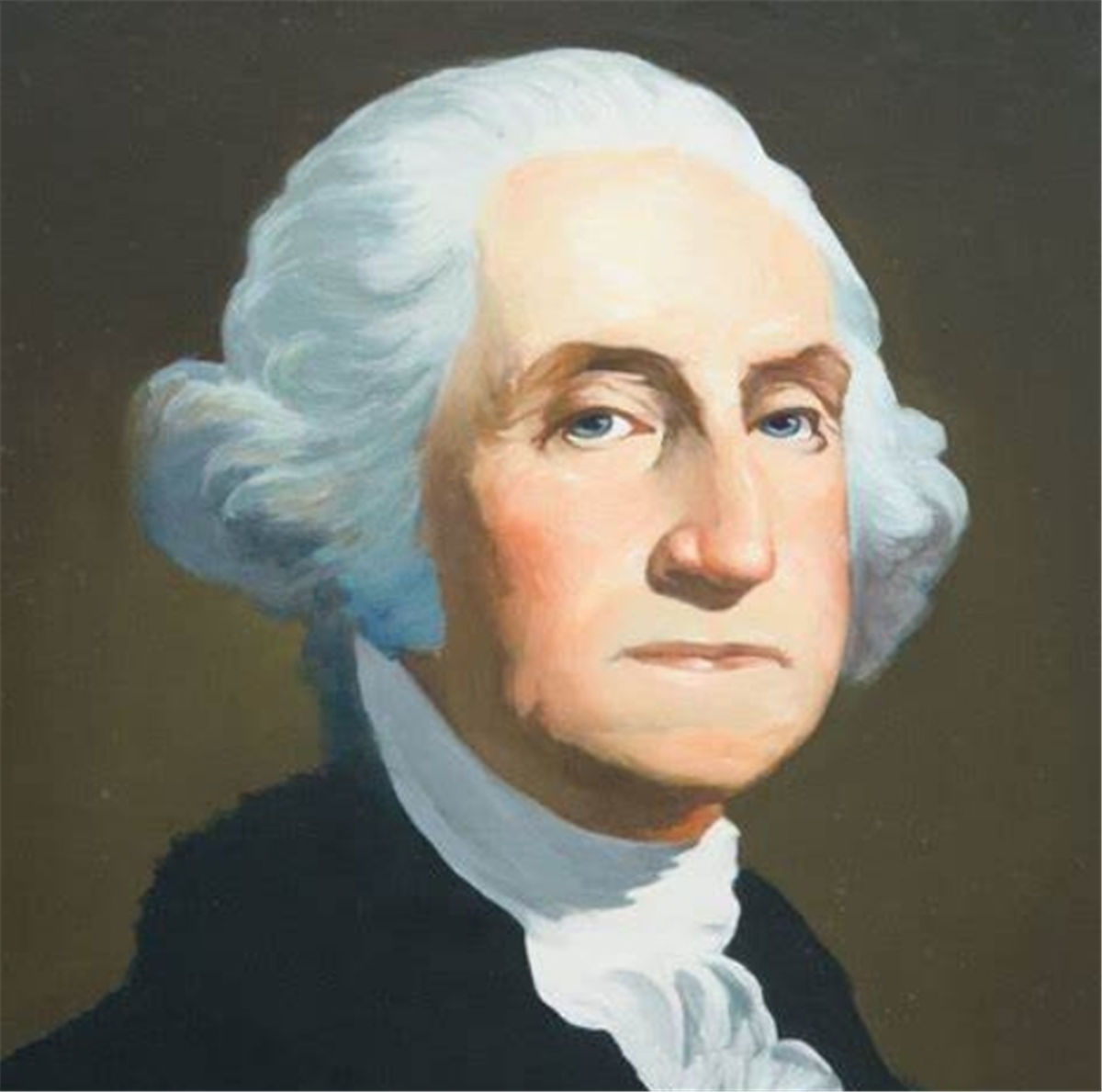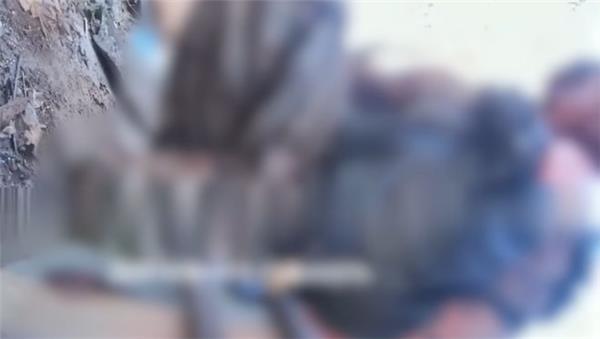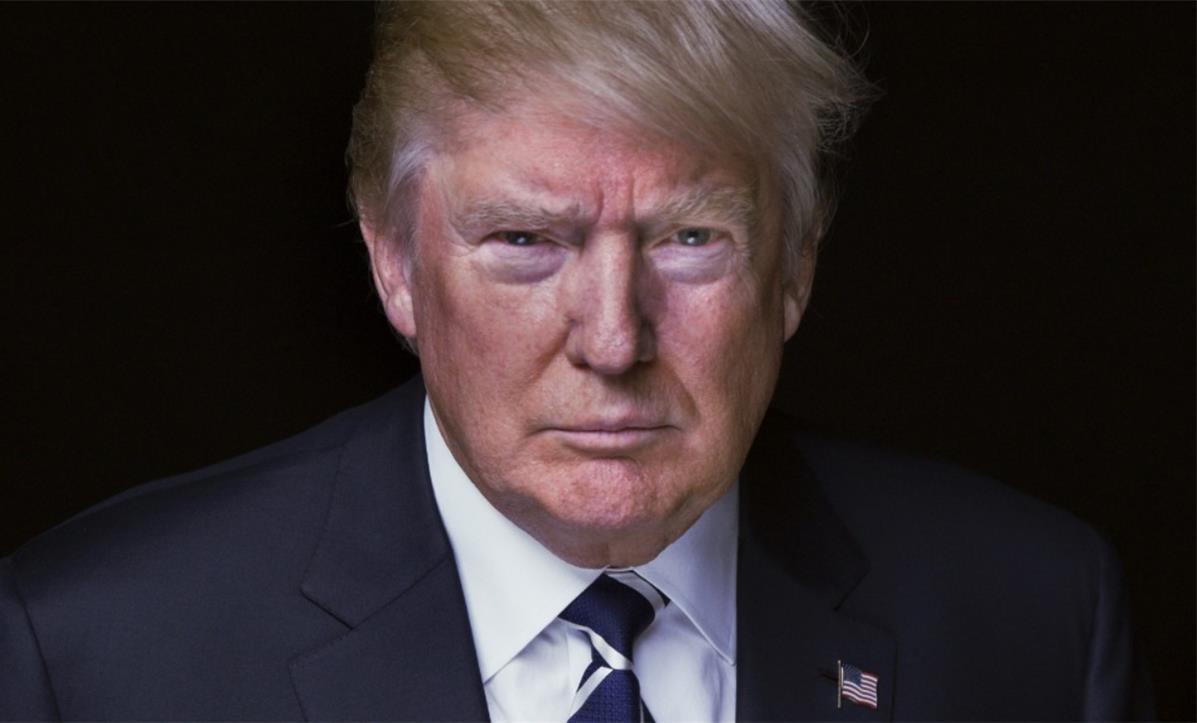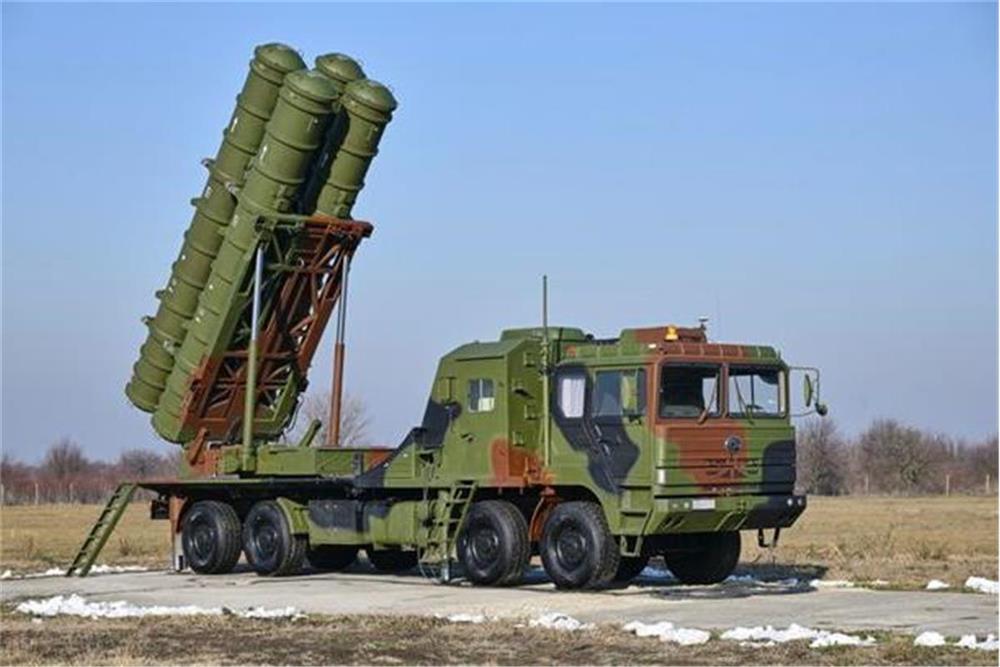George Washington’s Rise to Rebellion Washington's long road from Virginia planter to American General

With Augustine’s death, sixteen year-old George Washington inherited ten slaves and Ferry Farm on the Rappahannock River. George had spent much of his time there. His mother, Mary, managed his estate. An austere person quick to criticize and fault others (and, likely herself), she may have instilled in her son a lifelong sensitivity toward criticism and slights.
George’s older half-brother, Lawrence, assumed the role of surrogate father and early role model. Lawrence farmed a small plantation on the Potomac River (Mount Vernon), had attended school in England, served in the British army, and held the title of adjutant general of Virginia. George naturally gravitated toward Lawrence and spent many days at Mount Vernon, no doubt escaping his mother’s nagging.
In 1743, Lawrence Washington married Ann Fairfax, vaulting the Washingtons into Virginia’s top echelon. The Fairfaxes and other elite families took an active interest in young George Washington’s future. When George's mother quashed plans to enroll George in a British naval academy, George turned to surveying. It offered good pay and whetted his appetite for land, which was the path to wealth in colonial Virginia. Working for towns, county officials, and the Fairfaxes, the teenaged Washington earned enough money to buy 1500 acres. For the rest of his life, George Washington would actively pursue land speculation.
Following Lawrence’s battle with tuberculosis, George accompanied his brother to the Caribbean in November 1751 seeking a cure. It was Washington’s only overseas trip. He contracted and survived smallpox, attaining lifelong immunity from the disease. He returned to Virginia in January 1752, armed with a letter of introduction to Virginia’s new lieutenant governor, Robert Dinwiddie. Lawrence returned to Virginia separately and passed away in July.
Lawrence’s death created a vacancy in Virginia for the post of adjutant general. George Washington, despite being unqualified, sought the position. Powerful connections helped and he was appointed adjutant general of Virginia’s southern district. He would later be promoted to the more prestigious Northern Neck district just days before his 21st birthday. He also joined Fredericksburg’s newly formed Masonic lodge, pursuing positions that would elevate his social standing and status.
His new military post and ambitions positioned Colonel George Washington at the center of the French and Indian War. In October 1753, Lieutenant Governor Robert Dinwiddie instructed George Washington, his new adjutant general, to find and deliver a letter to French forces in the upper Ohio River Valley that were attempting to establish control over the region. It was a dangerous mission, involving diplomacy and espionage. The French rejected Dinwiddie’s letter demanding the withdrawal of French forces and Washington rushed back to Williamsburg with an Indian trader. The two traveled on foot, dodged Indians, survived a suspected murder attempt, and were trapped overnight on a frozen river. Washington reached Virginia’s capital on January 16, 1754, with the French reply. He kept a record of his adventure, which circulated widely as The Journal of Major George Washington, immediately giving him a degree of celebrity on both sides of the Atlantic.
The French and British asserted their respective claims at roughly the same time. George Washington, now a Lieutenant Colonel in the Virginia militia, led a small force toward the Forks of the Ohio River (near modern Pittsburgh), but the French beat him to the prize. He withdrew to a frontier glade called the Great Meadows, ambushed a French force at a place since known as Jumonville Glen, and then built a poorly fortified, log structure that he dubbed Fort Necessity. The French and their Indian allies attacked and compelled Washington to surrender. The surrender terms, written in French, stated that Washington’s attack at Jumonville Glen had resulted in the assassination of the French commander, causing an international diplomatic scandal. Washington later blamed his interpreter for not properly explaining these elements of his surrender.
His earliest military experiences enhanced his growing celebrity, particularly in the colonies, but led Europeans to question his judgment. In either case, he learned from his mistakes. When British Major General Edward Braddock arrived off the Virginia coast in February 1755, Washington petitioned to join the commander’s staff “to attain knowledge of the military profession.” He joined Braddock on an ill-fated campaign against the new French fort at the Forks of the Ohio. While Washington still sought a formal commission in the British Army, Braddock would only give him the temporary rank of brevet captain, inferior to a regular British officer. Braddock plodded toward Fort Duquesne with two regiments of British regulars and assorted colonial militia, slowed by the need to build a road across the wilderness. While the army progressed through thick underbrush, the commander rode in his coach and Washington fell ill, making portions of the journey in a wagon at the rear. On July 9, 1755 Native Americans and Frenchmen ambushed Braddock’s advance guard. The army quickly collapsed, sustaining heavy casualties, including many of its officers and General Braddock, who was mortally wounded. Washington stepped up to fill the void, galloping forward despite his illness. He relayed orders, rallied troops, and had two horses shot from underneath him. Four bullets pierced his coat and hat, but the young officer emerged unscathed, hero of the day.
After Braddock’s defeat, Virginia moved quickly to raise funds and defend its frontier. Lieutenant Governor Dinwiddie made Washington a colonel in the colony’s service and put him in command of its defensive force. He was only twenty-three years-old. Washington spent the next three years contending with undisciplined troops, uncooperative British authorities, an assembly that inadequately provided supplies, and contradictory policies from other colonies, all before he had to deal with raids along the Virginia frontier. But, he learned and persevered. The experiences taught him how to raise, train, discipline, and maintain military forces in the field.
Washington’s military career started to wind down in 1758. He lost an argument over military strategy and how best to capture Fort Duquesne. When the fort finally fell, Washington resigned his commission as a colonel in the Virginia militia. But, his political and social careers continued on an upward path. He won election to the House of Burgesses from Frederick County, Virginia, where he had made his wartime headquarters. He also moved into Mount Vernon, which he had rented from his sister-in-law.
Washington looked to his personal life by courting the newly widowed Martha Dandridge Custis. She was wealthy and had two children, John, who went by “Jacky,” and Martha, who went by “Patsy.” So, when George and Martha married in January 1759, George Washington became an instant family man with a four-year-old Jacky and a two-year-old Patsy to watch out for.
Newly married, Washington turned to the life of a genteel planter, expanding Mount Vernon and acquiring land and slaves to work it, while living beyond his means. Most of Washington’s farms were not suited to tobacco, so he experimented with a variety of crops, such as wheat, corn, hemp, and flax. He also continued to speculate in land, particularly on the frontier. Washington started a range of businesses on his plantation – a grist and sawmill and fishing operations on Dogue’s Neck. He was successful in economic diversification. It was the same approach, practicality, and willingness to experiment that he had demonstrated as a frontier commander.
When he was not farming or overseeing a range of business enterprises at Mount Vernon, George and Martha pursued an active social life at balls, fox hunts, the theater, cards, and parlor games with their friends and neighbors across Virginia. By all accounts, Washington was as graceful on the dance floor as he was on horseback. Martha attended church dutifully and George became a vestryman in the Truro parish of the Church of England, but he often preferred fox hunting to services.
George Washington remained a voracious reader and closely followed the political and business news of the day. They contributed to a political awakening that often found him at odds with British colonial policy, particularly as it related to colonial rights and the prerogatives and authority of Parliament. Washington was no firebrand, but his frustration with England grew. By 1769, he wrote his neighbor George Mason:
“At a time when our lordly Masters in Great Britain will be satisfied with nothing less than the deprivation of American freedom, it seems highly necessary that something shou’d be done to avert the stroke and maintain the liberty we have derived from our Ancestors…That no man shou’d scruple, or hesitate a moment to use a—ms [arms] in defence of so valuable a blessing, on which all the good and evil of life depends; is clearly my opinion; Yet A—ms I wou’d beg leave to add, should be the last resource.”
Washington was a dutiful legislator but avoided public speaking. Instead, he quietly formed political alliances. He also became the master networker on the social circuit, knowing that the best political connections and alliances always occurred at the balls, banquets, card tables, and parlor games that always took place around the margins of a legislative session. Always practical and to-the-point, he led efforts to shift from formal protest of specific British actions to more direct measures, such as nonimportation agreements, boycotts, and economic independence. By 1774, his record as a military.
 Famous Persons
Famous Persons English
English
 Jerry
Jerry Facebook
Facebook Twitter
Twitter Pinterest
Pinterest Linkin
Linkin Email
Email Copy Link
Copy Link










